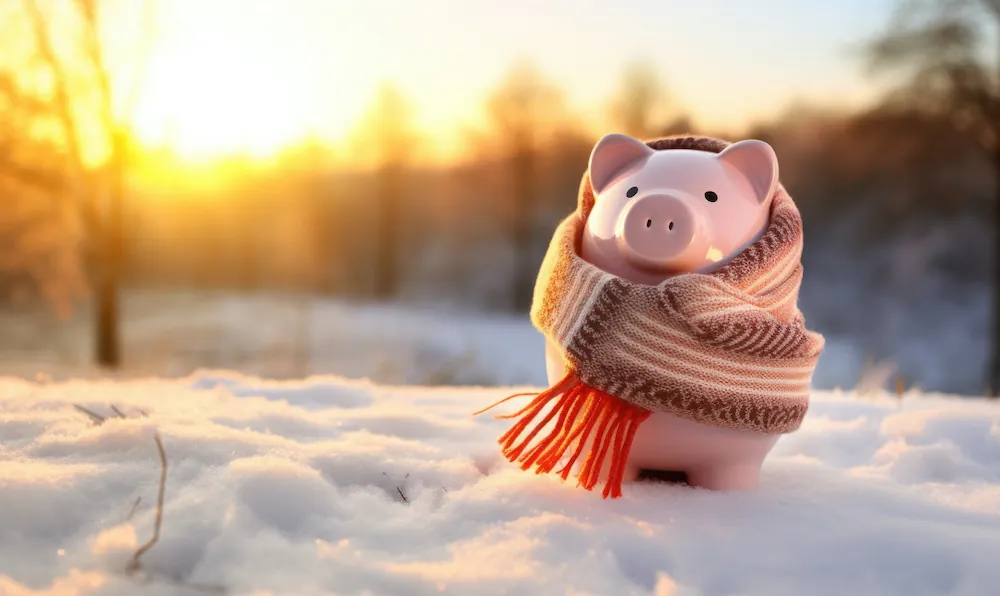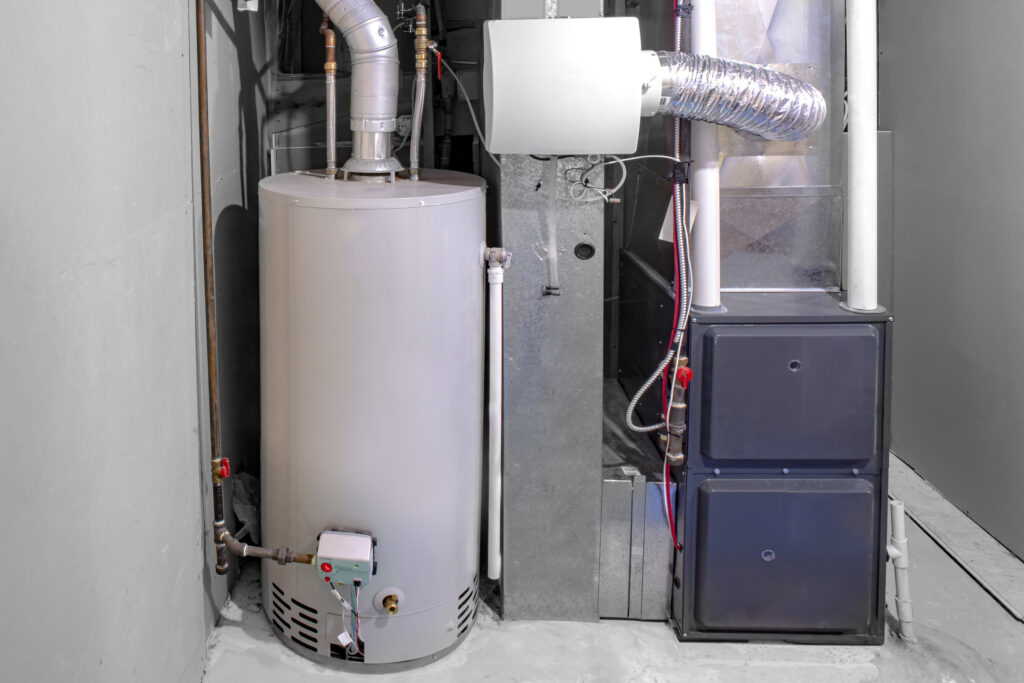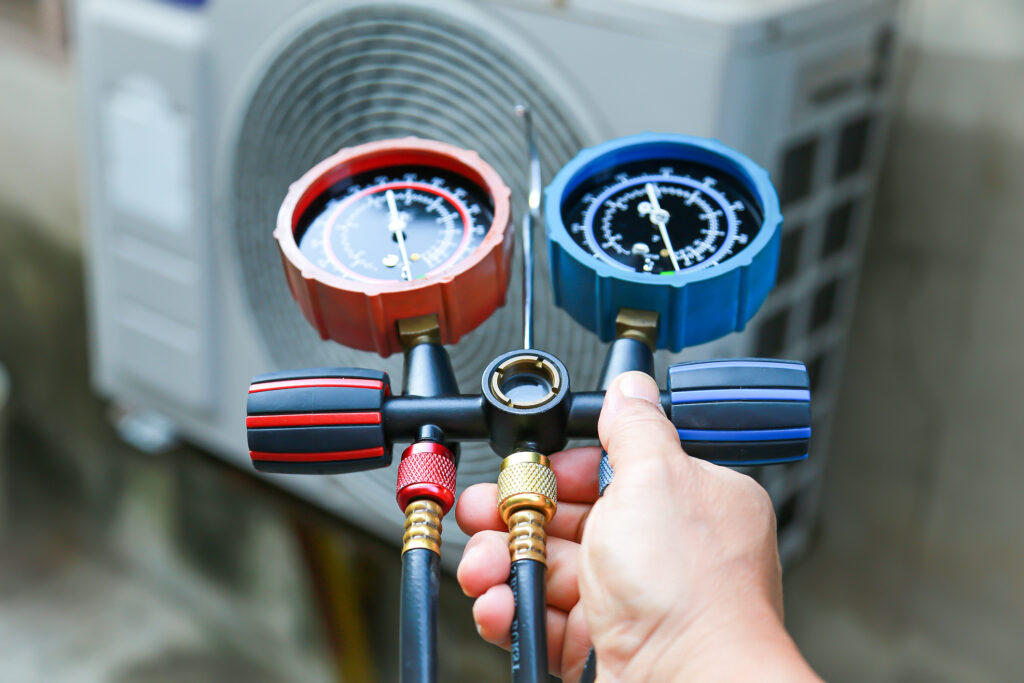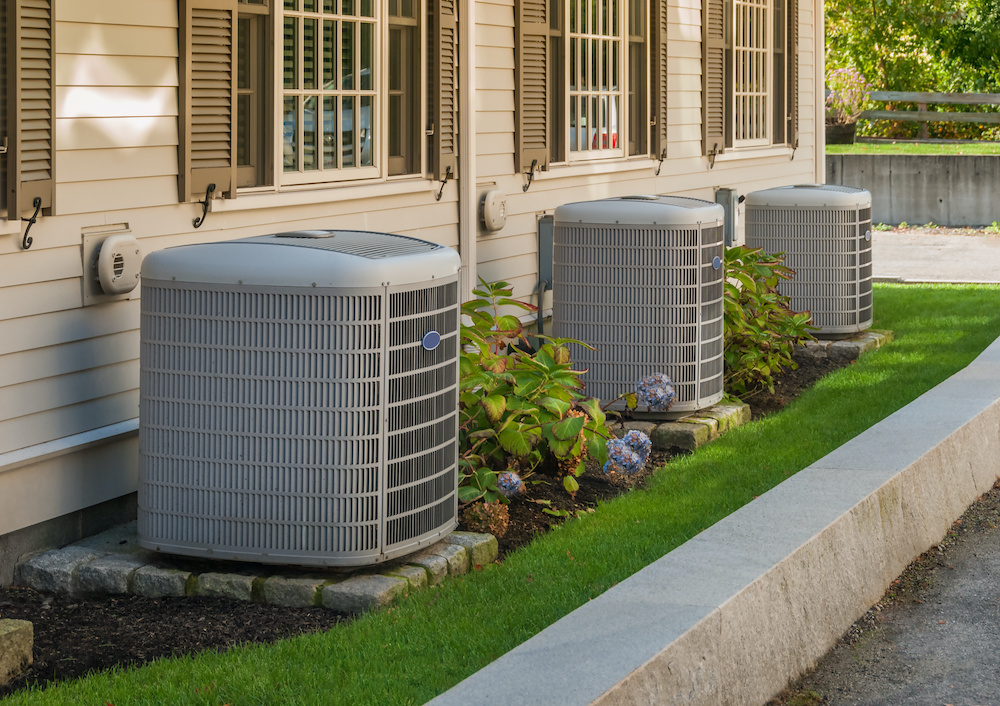
Winter is a busy season filled with holiday shopping, celebrations, traveling, and end-of-year projects. On top of all the hustle and bustle, you have probably noticed your energy bills creeping upward as the weather gets colder. We would all love to be able to save some money this time of year, which is why we compiled some energy-saving tips to help relieve the extra costs.
In this post, you will learn fourteen ways to save energy in your home this winter. Not only will these tips help lower your bills, but they will also conserve energy and contribute to a healthier environment!
14 ENERGY-SAVING TIPS TO TRY THIS WINTER
- Set your thermostat to the lowest comfortable setting.
Experts recommend setting your thermostat to 68° F in the winter. If this feels too cold, try wearing more warm clothes around the house, and then gradually lower your thermostat until you get comfortable at a lower setting.
- Run your fans clockwise.
Heat naturally rises, so in the winter, it tends to hang out around the ceiling or even seep into your attic. This can cause the room to feel colder than you desire. If you adjust your fans to run clockwise on a low setting, they will push the heat downward and redistribute it throughout the room.
- Use a programmable thermostat.
When you are asleep or away from home, it is best to set your thermostat even lower, between 62° and 65° F. A programmable thermostat can automatically make these temperature changes for you to enjoy maximum energy savings.
- Use a humidifier.
A humidifier is designed to add moisture into the air. In the wintertime, the air is much drier, which can lead to dry skin and a sore throat. Using a humidifier in your home will keep the air slightly warmer and more comfortable.
- Put thermal curtains on the windows.
On a cold winter day, letting some sunlight into your home can help warm it up. However, during the night, the heat will escape and cold air will seep in through your windows. Thermal curtains block the cold air and keep heat in your home while you sleep.
- Check your vents and registers.
Make sure your air vents and registers are free from dust and are not blocked by any furniture or curtains. If the air is blocked, it cannot circulate properly throughout your home, which will cause your HVAC system to work harder.
- Change your air filters regularly.
Air filters should be changed on a regular basis, typically every one to three months. Dirty air filters significantly reduce your HVAC’s efficiency, and will make your heating system work harder than it should during the cold months.
- Consider replacing an older HVAC unit.
If your HVAC unit is 15 years or older, consider investing in a new, energy-efficient system. A new system can provide monthly energy savings, help you save on repair costs, and even increase your property value.
- Seal air leaks in your home.
Air leaks and poor insulation are big contributors to energy waste. If the majority of the heat in your home is escaping to the outdoors, your HVAC unit will have to run much more often. Check for air leaks around doors, windows, and outlets, and consider updating worn out weatherstripping.
- Use high-efficiency appliances.
Energy-efficient appliances can provide significant savings over time. If you have outdated appliances in your kitchen or laundry room, consider updating them soon and enjoying lower energy costs.
- Get maintenance on your HVAC system and appliances.
If you are not in the market for a new HVAC system or new appliances, you should get a tune-up service on these items to help them perform more efficiently. Regular system maintenance provides many other benefits as well.
- Set your water heater to 120° F.
Heating up your water and keeping it hot requires energy. You can save on energy by simply lowering the temperature on your water heater to 120° F. Experts recommend this setting because it will prevent scalding while still being able to reach the warmth you desire.
- Limit your time in the shower.
You can also save on energy costs by reducing your hot water usage in the shower. For example, if you limit your shower to just ten minutes, you will be using less hot water than it takes to run a bath. You may be able to save even more energy by installing low-flow shower heads.
- Wash your laundry in cold water.
Lastly, wash your laundry in cold water whenever possible. Hot water does not necessarily get your clothes cleaner, and in some cases, it can cause colors to fade more quickly. Interestingly, experts report that 90% of the energy consumed during a wash cycle is used to heat up the water.
GET MORE TIPS
If you are interested in getting personalized recommendations on how to save energy in your home this winter, contact your local experts at Eagle Air Conditioning. Eagle Air is a recognized leader in HVAC design, installation, and repair throughout the Tri-Valley, Modesto Central Valley, and surrounding areas.
Call us with questions or to schedule an appointment at 925-443-2665. You can find out more about our products and services on our website, https://eagleairconditioning.com/





